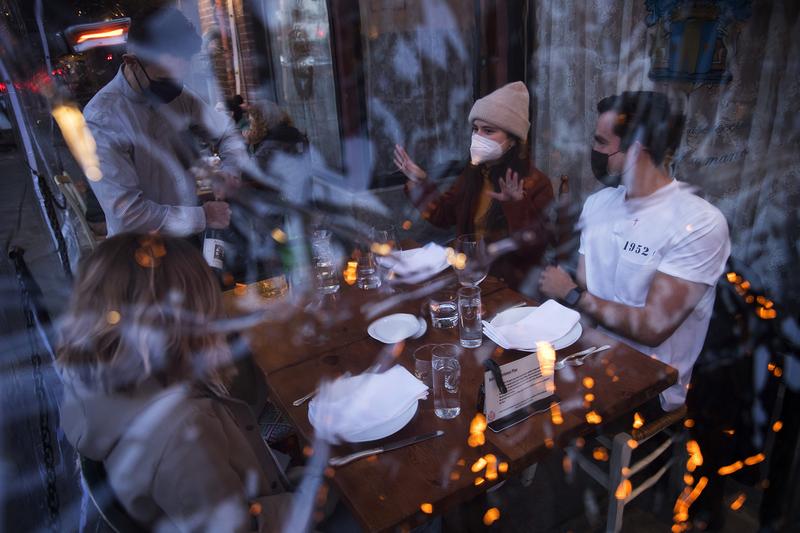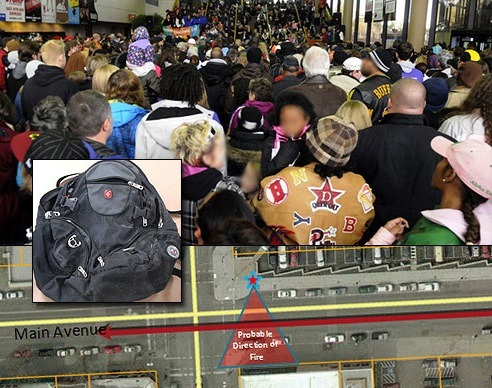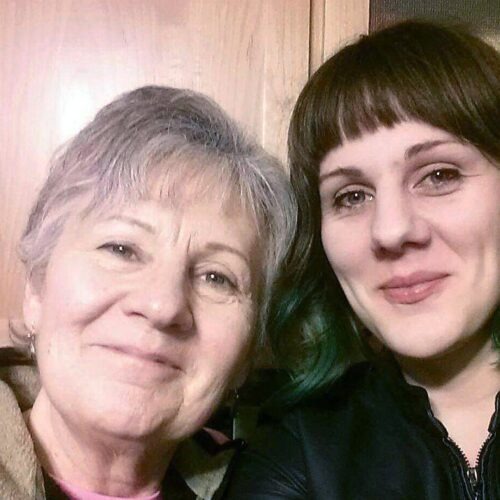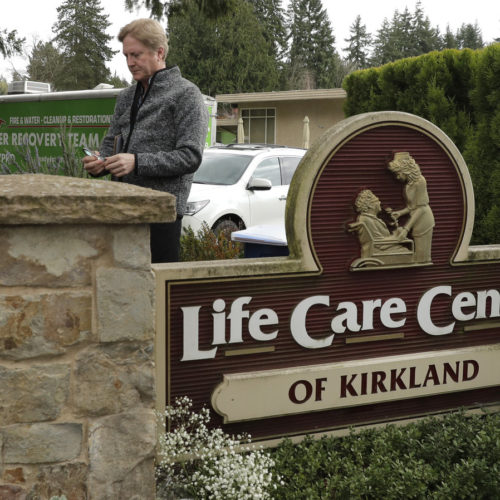
As Washington Restaurants Close Indoors Again, Some In Hard-Hit Yakima Say They Won’t
WATCH
Earlier this year, Yakima County was among the worst-hit places for COVID-19 in Washington and the West Coast. It and the Tri-Cities region were among the last counties to open for indoor bar and restaurant service. Now, with another statewide closure, some restaurant operators are pushing back and refusing to close.
Yakima Herald-Republic business reporter Mai Hoang has been following it.
“They’ve been very vocal they’re going to not close. They’re going to keep their indoor areas open. Some of them are kind of going through their kind of whisper networks. So they might peek into a Facebook group or do a little word of mouth that they’re still open,” Hoang said on a recent episode of NWPB’s Uniquely NW News program. “Some of them are actually really vocal and displaying that out, we’re not closing. You know, they feel like this is a ridiculous measure and that they’re gonna challenge it. So they’re gonna stay open.”
On the other side, there are restaurants making the best of the closure and adopting more outside seating in plastic bubbles or selling specialized cookbooks to buy with takeout orders.
Watch the full episode above. See more from NWPB’s Uniquely NW News and all NWPB videos on YouTube.
CONVERSATION HIGHLIGHTS:
(Edited for length and clarity.)
On the business reaction in Yakima County:
The most common thing is that businesses especially restaurants are feeling very worn down and frustrated that they have to go through all this again. You know I think for the most part, you know businesses have been trying to follow restrictions. Restaurants have been trying to limit the capacity, provide extra cleaning, you know all those measures that they were supposed to do to reopen, you know, so I think just to kinda jump into this, you know, there’s definitely the restaurants and bars that they’ve been very vocal that they’re gonna not close. They’re gonna keep their indoor areas open. Some of them are kind of going through their kinda whisper networks. So they might like pick into like a Facebook group or like do like a little word of mouth that they’re still open. Some of them are actually really vocal and displaying that out, we’re not closing. You know, they feel like this is a ridiculous measure and that they’re gonna challenge it. So they’re gonna stay open.
I think on the other end of things, there are businesses that are trying to put more of a brave face, kind of more of a like positive, you know try not to get people down and feel sorry for them. And so they’re trying to say, “Hey, like, we’re gonna try to make this work.” And a lot of businesses are doing really creative things, one winery to very sellers and your Wapato they actually are doing bubble at seating. So you have these like bubbles, like on the lawn. And they have like these fancy, you know things that they’re, you know, fancy service and couches and heaters. And you know, so a lot of people are trying to lean into like the outdoor seating concept. And then some of them are trying up, you know park up there pick out. So one restaurant crafted in downtown Yakima they’re doing a, a cookbook. So they’re kind of featuring different cookbooks they like, and then offering customers the option to buy those cookbooks as part of their take out order.
On the previous “mask up to open up” campaign and whether people are questioning why they did it just to close down again:
There’s a lot of frustration. One of the most vocal critics in Yakima has been Verlynn Best. She’s the president of the Greater Yakima Chamber of Commerce. And she is very vocal about how she feels like Governor Inslee is very much out of touch, doesn’t know the struggles and challenges that small businesses suffer. And I think for her she got a lot of heat during the mask up campaign. A lot of people that were against mask mandates felt that Verlynn was trying to kind of cater to governor Inslee and this government overreach. And so I think the general sentiment now especially among government and business officials is that governor Inslee is really committing government overreach. And they’re much more inclined to challenge these provisions.
On agricultural workers are feeling they voices may be lost after they previously went on strike to demand better COVID protections:
The focus from what I can see is that they’re really focused and keeping their voices out there. This summer there was a lot of farm worker advocates did a lot of outreach to farm workers and in turn kinda did kind of an enforcement with blitz which means they went to like LNI and they filed a ton of complaints. When violations of social distancing, lack of hand washing stations anything that they heard from farm workers. And I think it’s pretty clear that it’s likely that a lot of these violations that we’ve heard about really stem from those complaints from those federal worker advocate groups. I think the protest and the strikes from earlier this year really energized farm workers. I think they realized that when they kind of mobilize and they speak out that they can get stuff done. And so I think there’s kind of a focus on like maintaining that organization maintaining that and direct action and beyond a pandemic because I think there’s a general acknowledgement that farmers and food packing companies are trying to provide masks and kind of in general abide by the provisions.
Related Stories:

10 Years After White Supremacist Tried To Bomb Spokane’s MLK Parade, Extremism Is More Mainstream
This week marks 10 years since a white supremacist attempted to bomb the Martin Luther King Junior Day parade through downtown Spokane. The bomb was discovered and defused just in the nick of time. But the effects of extremist ideologies in the region lived on. Journalist Leah Sottile examined that in the podcast Bundyville, from Oregon Public Broadcasting. Leah spoke with Scott Leadingham in August 2019 about the podcast’s second season and the anti-government movement in the region.

Yakima Journalist Who Lost Her Mom To COVID: Don’t Let Gatherings This Season Take Yours
Emily McCarty is a Yakima-based reporter for Crosscut/KCTS. Her mom, Mary, died in a Spokane hospital in November, four days after being diagnosed with COVID-19. McCarty wrote about her mom and her family’s personal experience in an essay titled “I lost my mom to COVID-19. Don’t let the holidays steal yours.”

COVID First Hit Long-Term Care In Puget Sound Region. Now It’s Hitting Home In Rural Areas
Some of the hardest hit places have been long-term care facilities in rural areas like Tonasket in Okanogan County, and in central Washington. At least three care facilities in Grant County have reported outbreaks and deaths since a large wedding near Ritzville last month attended by some care facility staff who later tested positive for COVID-19. But a definitive connection between those outbreaks and the wedding remains unclear.















